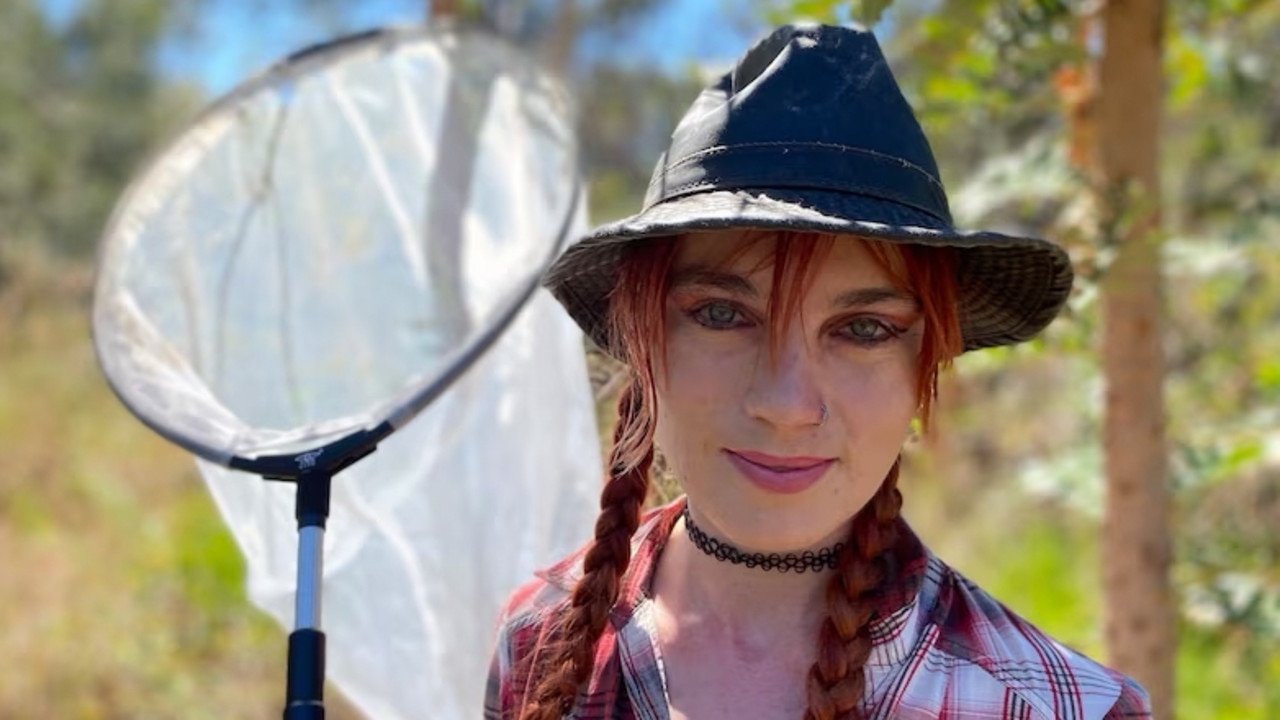Family fun space day held at University of Southern Queensland for National Science Week
Families are invited to a free, space-theme science day at the University of Southern Queensland that will include water rockets, lightning talks, solar telescopes, virtual reality space tours, slime making and face painting.

What's On
Don't miss out on the headlines from What's On. Followed categories will be added to My News.
The University of Southern Queensland is hoping to create some buzz around Science Week by talking about the importance of protecting our biodiversity.
The theme for the 2024 National Science Week is species survival: more than just sustainability.
It highlights the importance of science and innovation in ensuring the survival of different species in an ever-changing world.
UniSQ Centre for Sustainable Agricultural Systems Postdoctoral Research Fellow and native bee scientist Dr Kit Prendergast said more widespread knowledge was crucial to the survival of thousands of species of Indigenous Australian bees
“There are more than 1660 described species of native bees in Australia – with hundreds more that are undescribed – and their biology and ecology are very different from the introduced European honey bee, who sadly gets all the limelight,” she said.
“The first big challenge for Australia’s native bees is a lack of knowledge; there are almost no monitoring schemes, no assessments of their conservation status, or legislation to protect them or consider them in any environmental impact assessment.”
National Science Week is Australia’s annual celebration of science and technology.
Running each year in August, it features more than 1000 events around Australia, including those delivered by universities, schools, research institutions, libraries, museums and science centres.
“The leading threat to native bees is habitat loss; for example, livestock agriculture is contributing to the replacement of our native flowering vegetation by pasture,” Dr Prendergast said.
“Other causes of habitat loss include large-scale cropping with exotic plants, mining and urbanisation.
“A major issue associated with habitat loss is loss of native vegetation, as many native bees rely exclusively on a limited subset of native flowers.
“You can have a garden full of flowers, but if they are all exotics, some native bees cannot survive.”
Dr Prendergast said other major challenges for native bees included climate change, overreliance on pesticides and toxins, and competition with the European honey bee.
“National Science Week gives scientists like me the chance to give a voice to our Indigenous bees and arm the community with evidence-based strategies to protect them,” Dr Prendergast said.
To celebrate the week, the university is hosting a space-themed family fun day on Sunday. There will be plenty of fun activities including water rockets, lightning talks for children, teens and adults and a sunspot activity with solar telescopes, virtual reality space tours, slime making and face painting.
It will run from 10-2pm at the Toowoomba campus.









